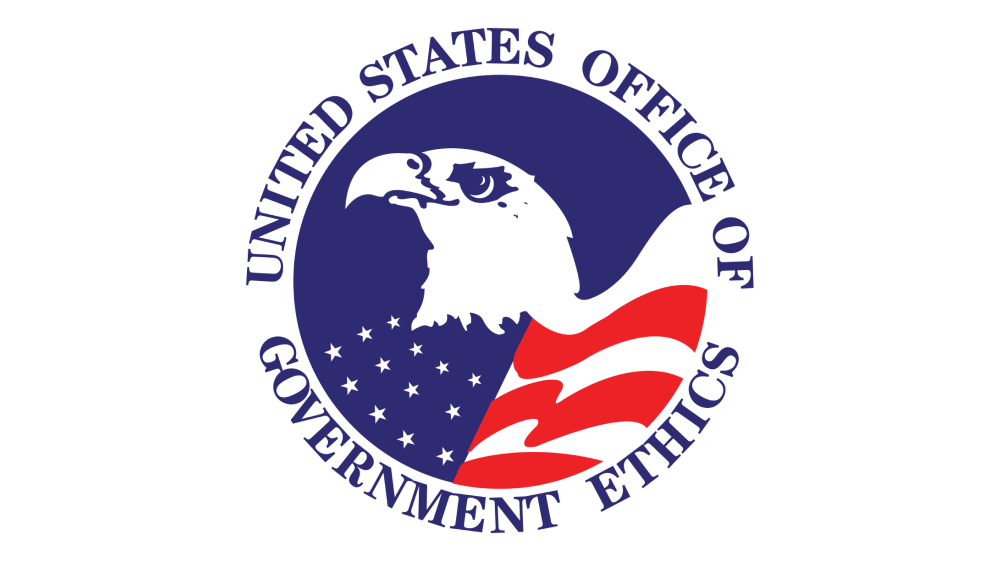April 26, 2022 •
OGE Proposes Ethics Rules for Federal Employees Legal Defense Funds

USOGE
The public has until June 21 to comment on a proposed rule allowing federal employees to accept gifts of certain legal costs. The proposed rule would create new federal regulations governing a federal employee’s acceptance of payments for legal expenses […]
The public has until June 21 to comment on a proposed rule allowing federal employees to accept gifts of certain legal costs.
The proposed rule would create new federal regulations governing a federal employee’s acceptance of payments for legal expenses or pro bono legal services for matters arising in connection with the employee’s official position, the employee’s prior position on a campaign of a candidate for president or vice-president, or the employee’s prior position on a Presidential Transition Team.
The U.S. Office of Government Ethics (OGE) wants to make related amendments governing the solicitation and acceptance of gifts from outside sources and establish limits of the amount of the value of the donations.
They are proposing a contribution limit of $10,000 per year from any single permissible donor to a legal expense fund. The fund would be required to be formed as a trust for employees to receive contributions and to make distributions of legal expense payments. Lobbyists would be prohibited from acting as trustees administering an employee’s legal expense fund.
Additionally, federal employees would be prohibited from accepting pro bono services from lobbyists, foreign governments or agents, or persons substantially affected by the performance or nonperformance of the employees’ duties.
According to the OGE, there are currently no statutory or regulatory frameworks in the executive branch for establishing a legal expense fund. The proposed rule was published on April 21 in the Federal Register.
State and Federal Communications, Inc. provides research and consulting services for government relations professionals on lobbying laws, procurement lobbying laws, political contribution laws in the United States and Canada. Learn more by visiting stateandfed.com.

